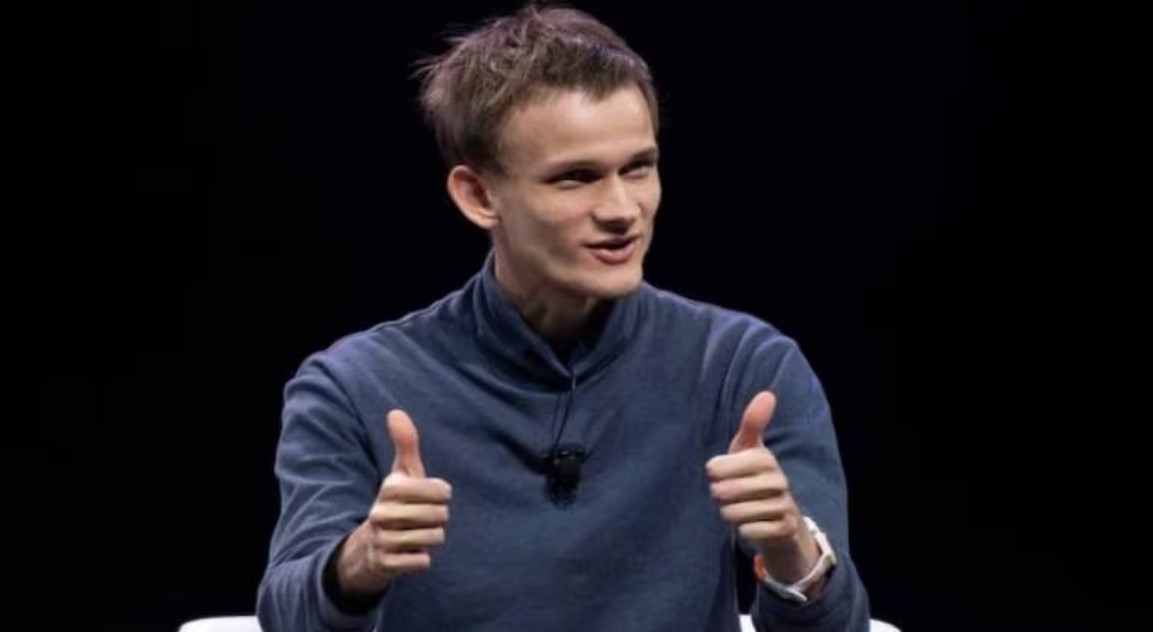Vitalik Buterin, the visionary behind Ethereum, no longer has a fixed sense of home. Born in Russia and responsible for creating Ethereum in his late teens, Buterin has become a global nomad, constantly on the move. However, his list of destinations is now constrained by growing apprehension about visiting certain countries. In particular, he avoids returning to his homeland of Russia due to his active support for the resistance movement in Ukraine, which has made him a target in the eyes of governments seeking to clamp down on cryptocurrencies and their developers.
Buterin’s concerns extend beyond Russia to countries that were once considered normal but are now subject to greater worry due to the changing regulatory landscape surrounding cryptocurrencies. As governments worldwide grapple with how to regulate this emerging technology, developers like Buterin find themselves in a precarious position.
The decentralized lifestyle suits Buterin, who, at the age of 29, is one of the most influential figures in the crypto sector. He often finds refuge in places like Prague, where he collaborates with like-minded programmers striving to revolutionize the world through cryptography-powered technology.
For Buterin and the Ethereum community, the key challenge now is ensuring that Ethereum provides tangible value to people. Rather than being a decade of experimentation, Buterin believes this is the decade when Ethereum must deliver practical solutions that people can use in their daily lives.
Buterin is passionate about making cryptocurrencies valuable in emerging economies, where he sees a significant need for basic financial services such as payments and savings. He believes that these essential services are the foundation for broader adoption of blockchain technology.
As the United States intensifies its scrutiny of crypto and its market players, Buterin is increasingly drawn to developing markets worldwide, such as Africa, where he sees real-world applications for the technology he helped create.
Buterin also emphasizes the importance of decentralization in the crypto space. While he acknowledges the convenience of centralized exchanges like Binance, he believes that the industry must become more decentralized to avoid undue influence and surveillance.
He is wary of central bank digital currencies (CBDCs), as they could devolve into a system resembling traditional banking, complete with surveillance. Buterin believes that the crypto community must prioritize writing better code and improving the user experience to provide a secure, privacy-focused alternative to CBDCs.
Buterin’s journey from being introduced to Bitcoin by his father to becoming a crypto luminary has been marked by his contributions to the development of Ethereum, particularly the introduction of smart contracts. Ethereum has since evolved into a versatile platform for various crypto projects, including NFTs, DeFi, and web3.
In the world of crypto development, Buterin stands out for his willingness to engage in profound discussions about complex concepts and to address critiques of the network. He rejects concerns about his personal centrality to Ethereum, emphasizing the network’s self-governance and resilience.
Looking ahead, Buterin’s priorities for Ethereum include enhancing privacy and scalability through zero-knowledge rollups, a layer-two technology that promises to make Ethereum faster and more cost-effective. He remains committed to the philosophy of subtraction, ensuring that Ethereum’s future is marked by decentralization and self-sufficiency.
(Source: MacKenzie Sigalos | CNBC)









